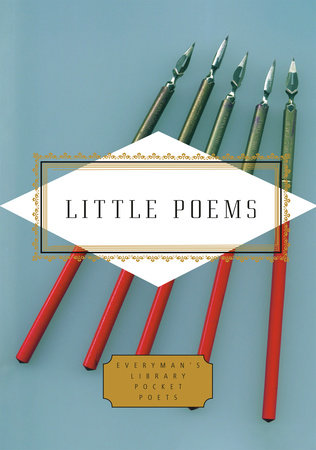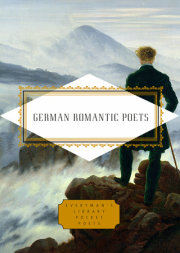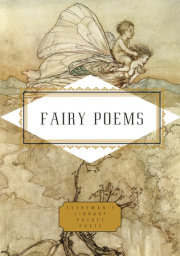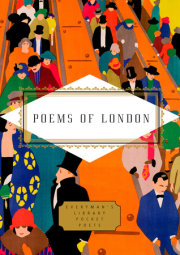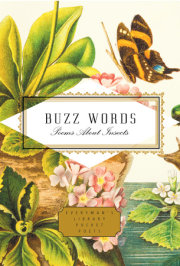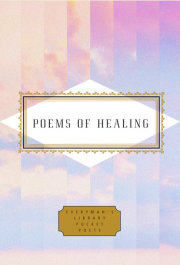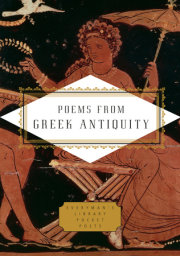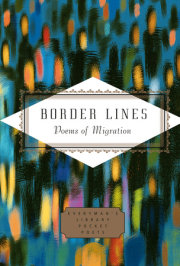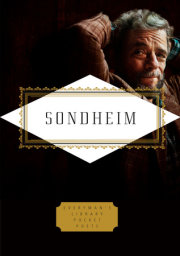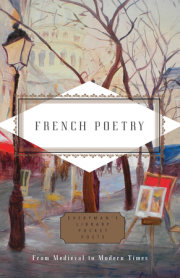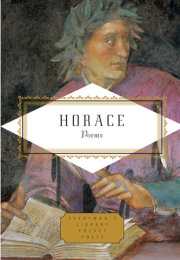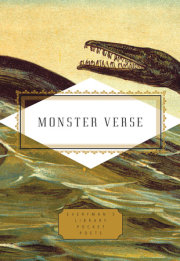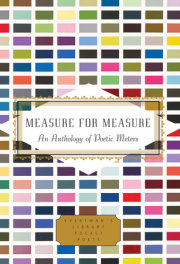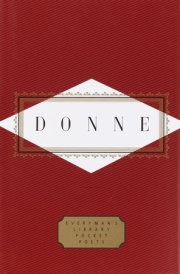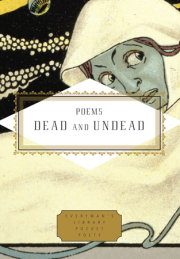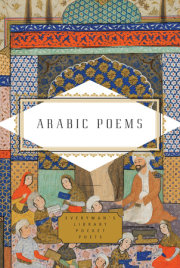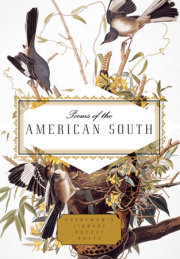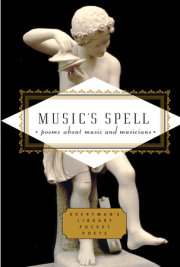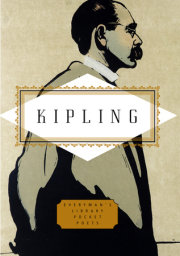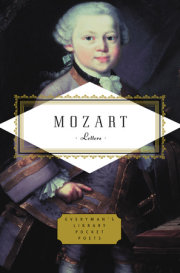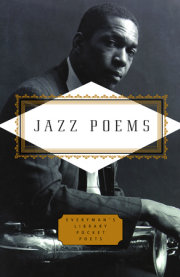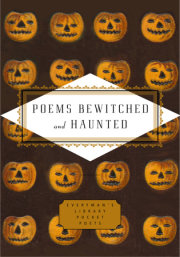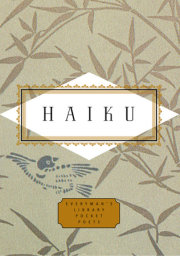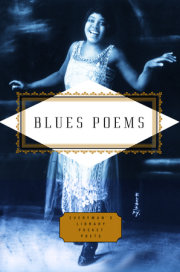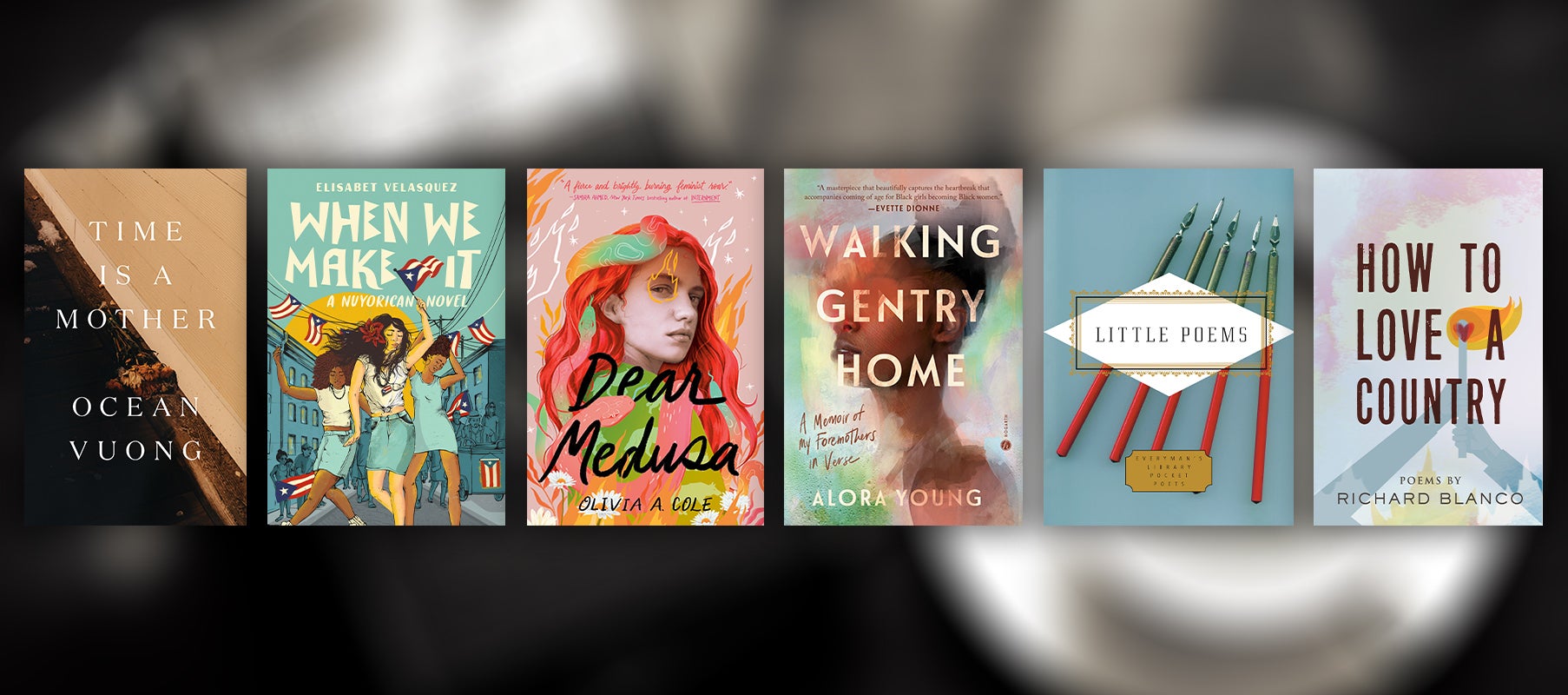FOREWORD
Most of us experience literature for the first time in the form of a “little poem.” Long before we’ve tasted our first solid food, we’ve heard a soothing lullaby spoken or sung by a parent, and before we can walk, we have already begun to accumulate a storehouse of nursery rhymes. The sounds and rhythms of those little poems are embedded in memory, and we pass them down to the next next generation.
But little poems range far beyond the nursery. Nearly all poets in all ages have written them. Even John Milton, author of the epic-length
Paradise Lost, wrote a poem ten lines long. Milton’s contemporary Robert Herrick, on the other hand, created many little poems, making them his signature genre. The same holds true for poets across time: those who favored longer forms occasionally wrote brief songs. And others—ancient Greek epigram writers, Japanese haiku poets, and modern writers like William Carlos Williams, Langston Hughes, and Dorothy Parker—often favored brevity.
What exactly qualifies as a “little poem”? There is no consensus, but the Italian word “sonetto,” source of the English word “sonnet,” means “little song,” suggesting that fourteen lines may be a rule of thumb. But in this book, even a sonnet would be “long.” All the poems I have included—almost 300 of them, by 175 different authors—are under fourteen lines. Most range from two lines to twelve. A few have thirteen lines—just shy of a sonnet. Poets have been writing such poems for thousands of years, starting in the ancient world and continuing to the present day. The earliest work in this book is by the Greek poet Sappho, who lived in the seventh century BCE; the most recent is by poets still active in the 2020s, such as Carol Ann Duffy, Danez Smith, and Ocean Vuong.
What do little poems have in common besides their brevity? Probably not a great deal—except for their astonishing variety. Many are highly accessible on first reading, almost tweet-like. Others invite contemplation: they call us back to re-read and ponder their lines. Despite their brevity, however, little poems can do most of what longer poems can do: tell a story; paint a picture; evoke an emotion; argue a point; make us laugh or cry. They can be serious or sarcastic, somber or silly, disturbing or comforting. And like all poems, they invite us to see the world with new eyes and to hear it with new ears.
The poems in this book do all those things. And their chronological arrangement highlights their diversity in surprising ways. The first section, for example, includes a mournful poem by first-century BCE Chinese Emperor Wu-ti about the death of his beloved mistress. But this poem stands in close proximity to two others by the Roman poet Martial making fun of people with bad hairpieces. Other sections likewise include juxtapositions that I hope will broaden conceptions of what poetry is and what it can do.
In the second section, works by Chaucer and Shakespeare inhabit the same space as the earliest written English version of the well-known children’s mnemonic “Thirty Days Has November.” And at the end of the section, readers will find a Thomas Dekker poem that Paul McCartney adapted 370 years later for the Beatles song “Golden Slumbers.” The next section, too, contains many “serious” poems by such major seventeenth- and eighteenth-century figures as Basho, Goethe, and Blake, but the section also offers lighter fare: Mother Goose nursery rhymes, a sharp-tongued political epigram by John Wilcox, and two “verses for fruit-sellers” by Jonathan Swift. Likewise, the selection of nineteenth-century writing includes moving love poems by Alexander Pushkin and John Keats, but these classic pieces share space with a page of limericks and Emily Dickinson’s playfully profound “I’m nobody! Who are you?”
Modern and contemporary poets, who are amply represented in the final three sections of the book, demonstrate even more vividly the large arena that little poems occupy. Powerful poems about love are matched by comic poems on the same topic by contemporary British poet Wendy Cope. There is also a touching lullaby by Rudyard Kipling; a poem by W. H. Auden about the 1968 Soviet invasion of Czechoslovakia; a word-play rhyme by Shel Silverstein; and haiku by Masaoka Shiki, Richard Wright, and Jack Kerouac.
My hope is that readers will find this eclectic mix of little poems as rewarding to read as it was for me to gather.
--Michael Hennessy
Copyright © 2023 by Michael Hennessy. All rights reserved. No part of this excerpt may be reproduced or reprinted without permission in writing from the publisher.

